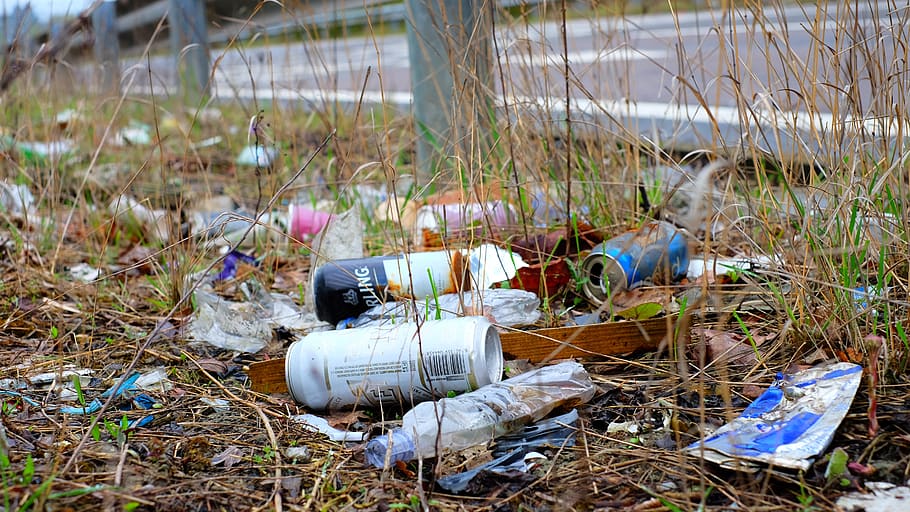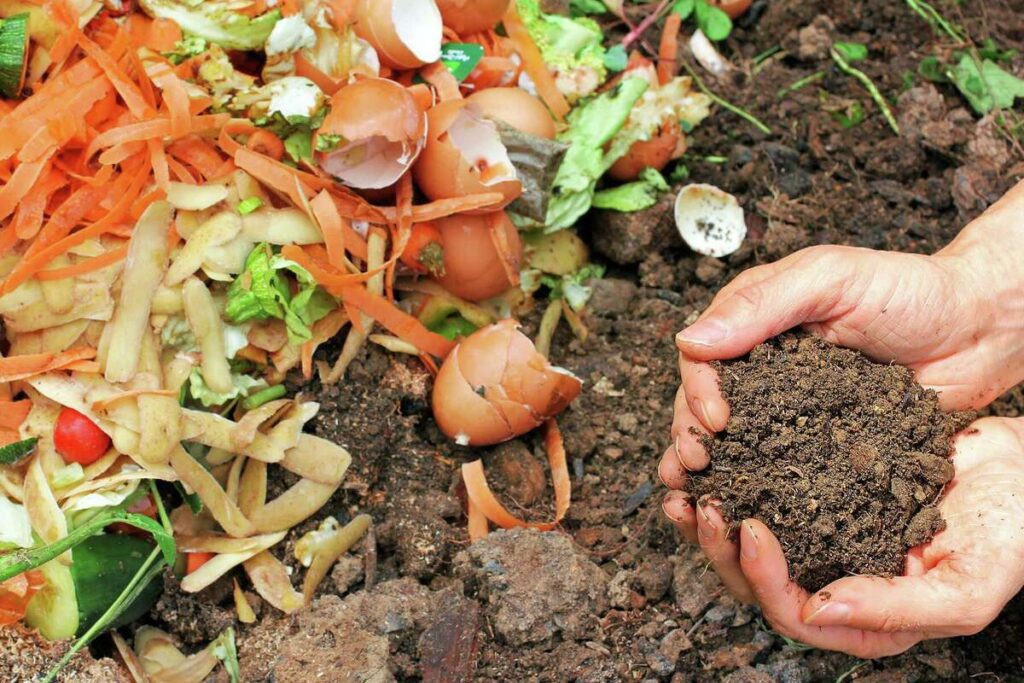
Promoting Sustainable Waste Management: Reducing Waste and Advocating for Recycling
Introduction:
The issue of waste management is of paramount importance when it comes to mitigating climate change and promoting environmental sustainability. Pakistan, like many other countries, faces significant challenges in managing its waste effectively. Unsustainable waste management practices contribute to greenhouse gas emissions, soil and water pollution, and the depletion of natural resources. Therefore, it is crucial to raise awareness about waste reduction, encourage recycling initiatives, and advocate for the implementation of sustainable waste management systems at the local level.
Importance of Sustainable Waste Management:
Sustainable waste management plays a vital role in reducing the environmental impact of waste and minimizing the contribution to climate change. Proper waste management involves reducing waste generation, promoting recycling and reuse, and implementing strategies to minimize landfilling and incineration.

Reducing Waste Generation:
One of the primary strategies in sustainable waste management is to focus on waste reduction. Educating communities about the importance of reducing waste can help minimize the amount of waste generated in the first place. This can be achieved through awareness campaigns, workshops, and public outreach programs. Encouraging practices such as mindful consumption, avoiding excessive packaging, and choosing reusable alternatives can significantly reduce waste generation at the local level.
Advocating for Recycling:
Recycling plays a crucial role in sustainable waste management by diverting waste from landfills and reducing the need for virgin raw materials. To promote recycling, it is essential to raise awareness about the benefits of recycling and provide accessible recycling infrastructure. The Human Rights Welfare Society can collaborate with local authorities to advocate for the establishment of recycling centers in communities, increase the number of collection points, and simplify the recycling process for individuals and businesses.
Promoting Waste Segregation:
Waste segregation is an essential component of sustainable waste management. By segregating waste at the source, recyclable materials can be separated from non-recyclable ones, making recycling more efficient. The Human Rights Welfare Society can educate communities on the importance of waste segregation and provide guidelines on how to separate different types of waste, such as plastic, paper, glass, and organic waste. This can be achieved through workshops, community events, and educational materials.
Encouraging Composting:
Organic waste, such as food scraps and yard trimmings, makes up a significant portion of the waste stream. Instead of sending organic waste to landfills, composting can be promoted as an effective method to manage this waste. The Human Rights Welfare Society can support community composting initiatives, provide guidance on how to compost at home, and collaborate with local authorities to establish larger-scale composting facilities. Composting not only reduces greenhouse gas emissions but also produces nutrient-rich soil amendments that can be used in gardening and agriculture.

Involving Local Businesses:
Engaging and partnering with local businesses is crucial for sustainable waste management. The Human Rights Welfare Society can work with businesses to promote waste reduction practices, such as implementing measures to minimize packaging waste, encouraging the use of recycled materials, and developing take-back programs for products that can be recycled or repurposed. By involving businesses in waste management efforts, there is potential for significant waste reduction and adoption of sustainable practices throughout the community.
Promoting Extended Producer Responsibility (EPR):
Extended Producer Responsibility is an approach that holds manufacturers responsible for the entire life cycle of their products, including their proper disposal or recycling. The Human Rights Welfare Society can advocate for the implementation of EPR policies at the local level, ensuring that manufacturers take responsibility for the environmental impact of their products beyond the point of sale. This can incentivize manufacturers to design products with recyclability in mind and establish mechanisms for product take-back and recycling.
Local Waste Management Infrastructure:
The Human Rights Welfare Society can collaborate with local authorities to advocate for the development and improvement of waste management infrastructure. This includes promoting the establishment of recycling centers, waste transfer stations, and composting facilities. By advocating for the improvement of waste collection and processing systems, the society can facilitate the proper management of waste materials and reduce the environmental impacts associated with inadequate waste management practices.
Educational Activities:
Education plays a crucial role in promoting sustainable waste management practices. The Human Rights Welfare Society can conduct educational activities, including workshops, seminars, and community events, to raise awareness about the importance of waste reduction, recycling, and proper waste disposal. These activities can target diverse sectors of society, including schools, universities, businesses, and community organizations, to reach a wide audience and promote a culture of environmental responsibility.
Collaboration with Stakeholders:
The Human Rights Welfare Society can collaborate with various stakeholders to promote sustainable waste management at the local level. This includes working with local authorities, waste management companies, NGOs, educational institutions, and community-based organizations. By fostering partnerships and collaborative efforts, the society can amplify its impact, share resources and expertise, and create a more significant movement for sustainable waste management.
All Categories
- Agricultural Methods
- Agriculture and Women Small Farmers Rights Awareness
- Climate Change
- Disable and Human Rights
- Disable Jobs
- Donation
- Education
- Health Issues
- Organic Foods
- Organic Vegetables
- Orphans Children
- Plastic production and disposal
- Services
- Sinking in Scarcity
- Success Stories
- Uncategorized
- Waste Management
- Women Rights
- Youth Empowerment




